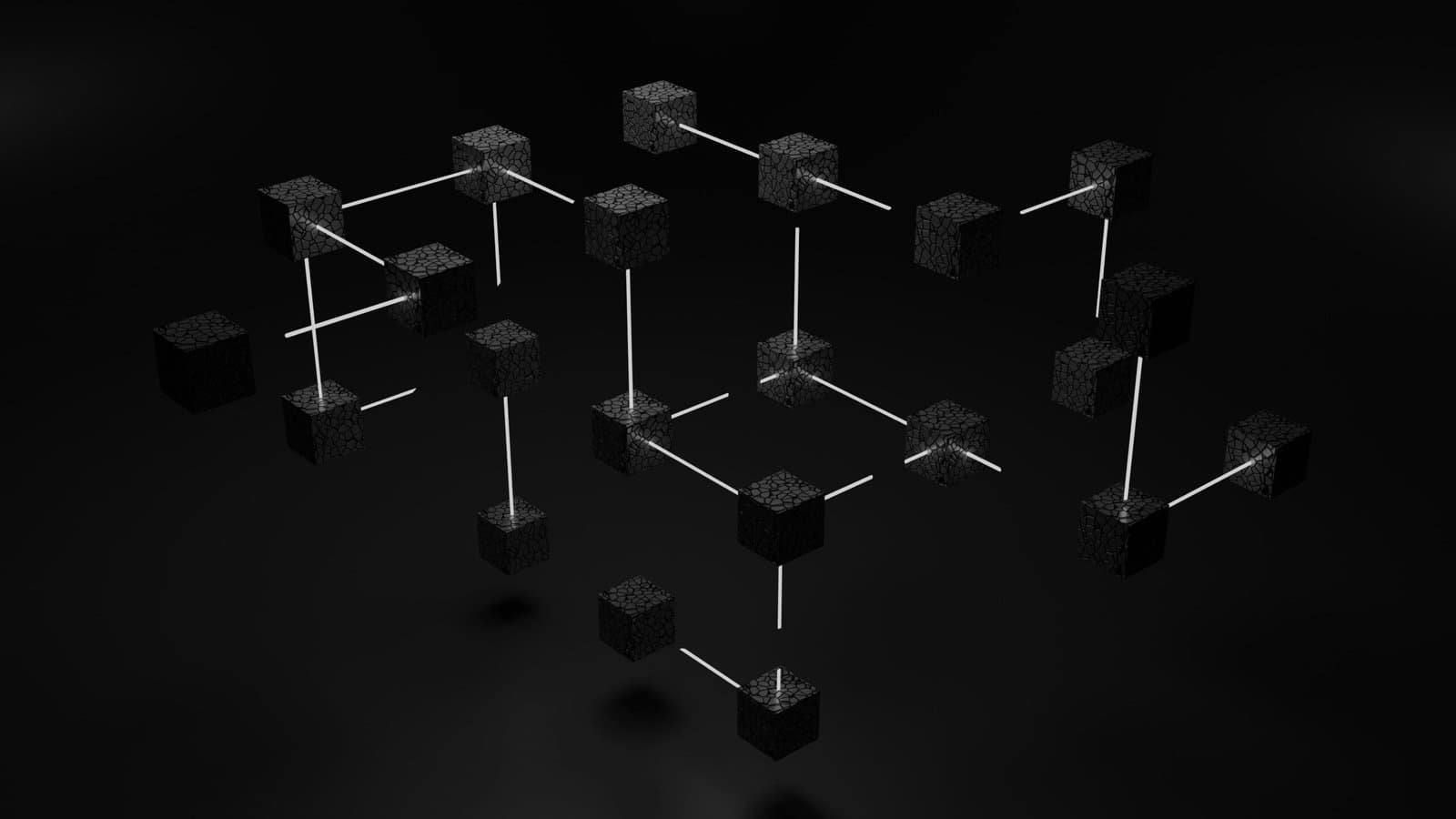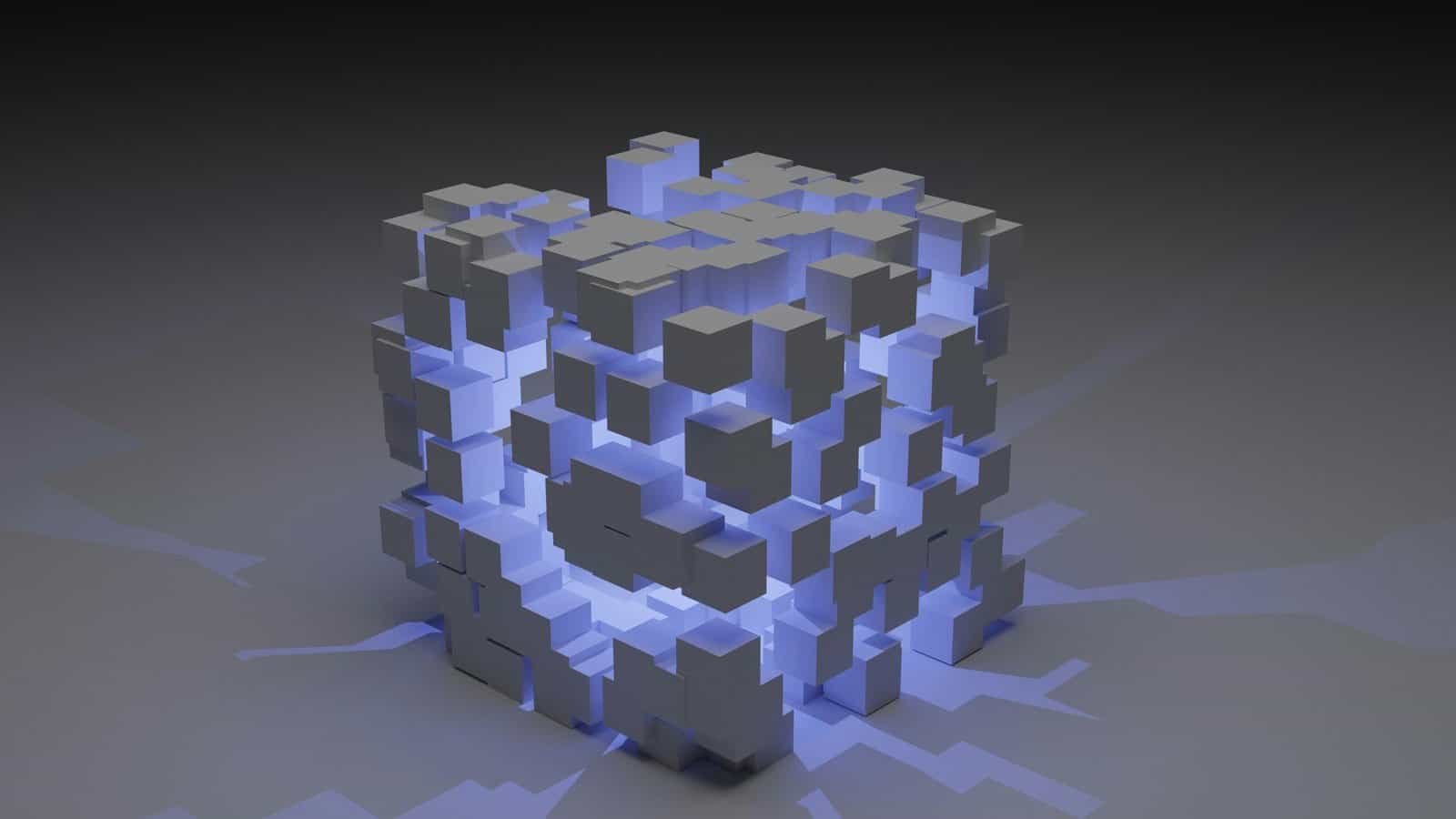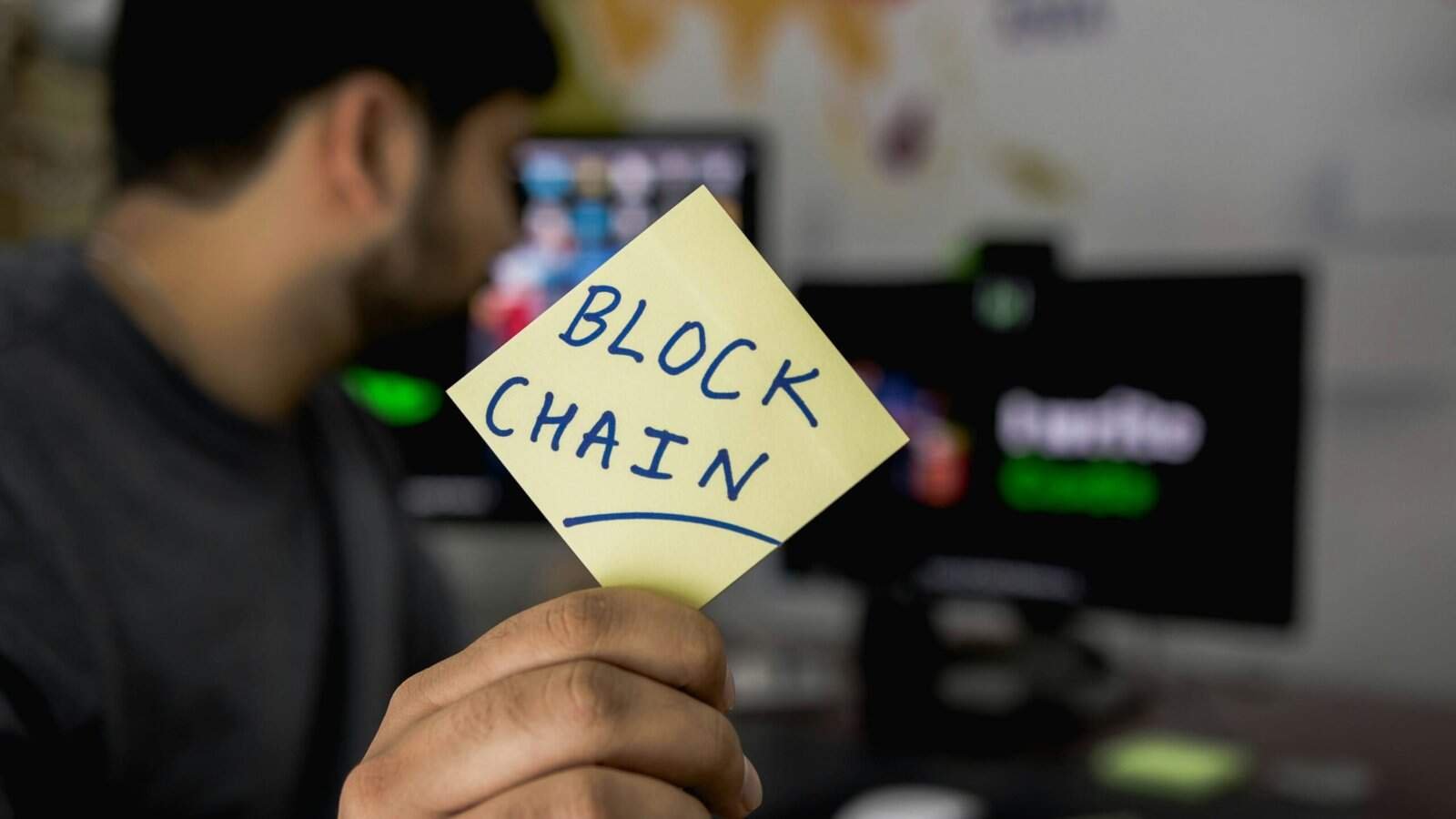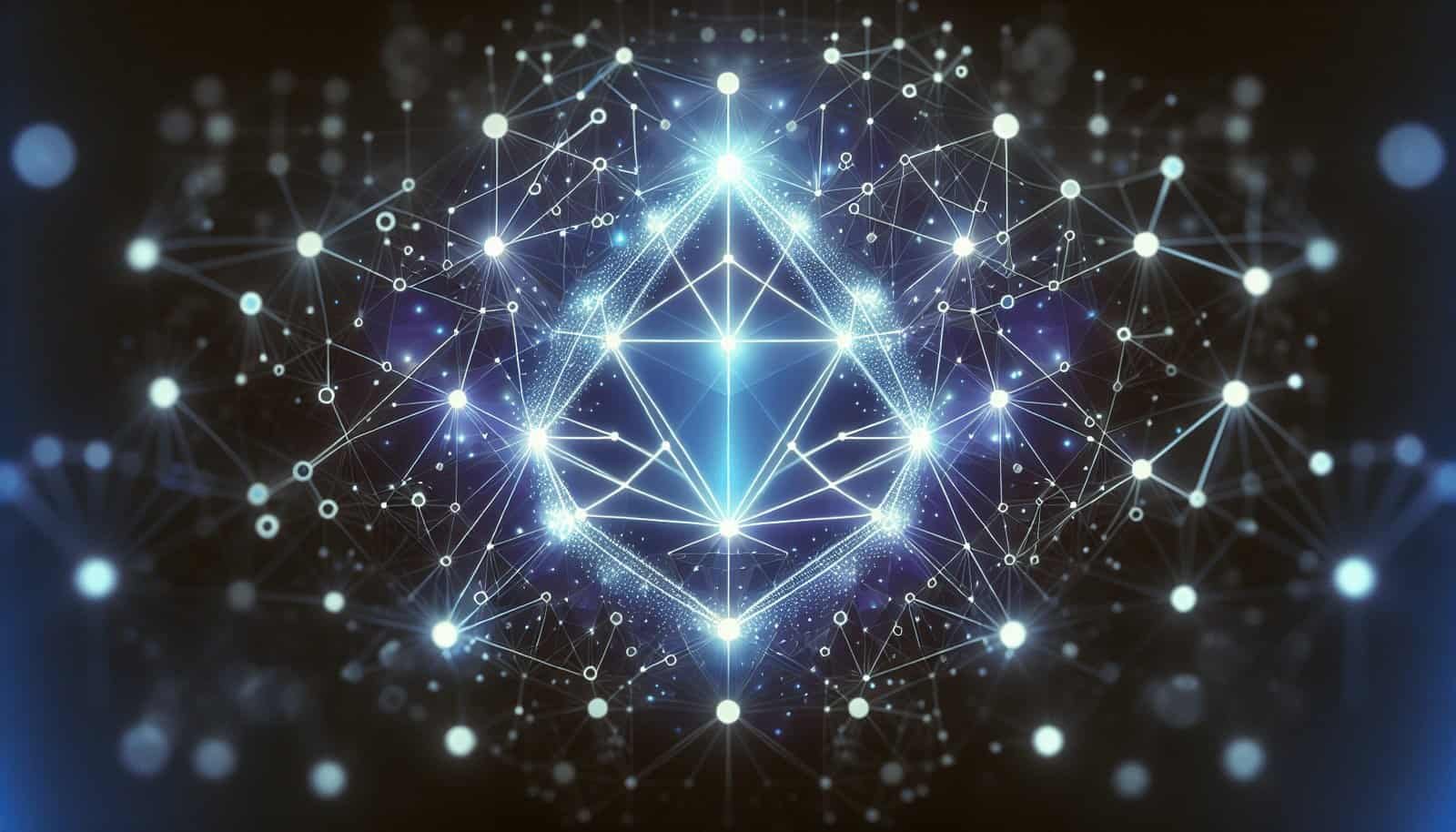Have you ever found yourself curious about the next big thing in digital innovation? If so, you’re definitely in good company. One groundbreaking development in the realm of blockchain and decentralized technology is the DAO, or Decentralized Autonomous Organization. But what exactly is a DAO, and how does it function? Let’s embark on a journey to understand this fascinating concept and discover how it could potentially revolutionize the way organizations operate.

Understanding the Basics of a DAO
A DAO, or Decentralized Autonomous Organization, is a new breed of organizational structure that leverages blockchain technology to operate. Unlike traditional companies that are typically guided by central authority figures or hierarchical management systems, a DAO functions through smart contracts that automate decision-making processes on a blockchain.
What Defines a DAO?
To put it simply, a DAO is primarily defined by its decentralized nature. This means that no single entity has control over the organization. Instead, decisions are collectively made by the network of participants according to pre-set rules encoded as smart contracts on the blockchain. By eschewing centralized control, DAOs aim to offer transparency, security, and trust without needing a central governing body.
A Brief History of DAOs
The concept of DAOs emerged alongside the growth of blockchain technology. The most prominent early example was “The DAO,” launched in 2016 on the Ethereum blockchain. Although it faced significant challenges, including a major hack, its inception paved the way for understanding how DAOs could become viable structures in the business world. Since then, DAOs have evolved, and numerous variations exist now, exploring different operational models and achieving various aims.
The Core Components of a DAO
DAOs rely on several foundational components to function seamlessly. Understanding these is essential in appreciating how DAOs operate and their potential impact.
Blockchain Technology
At the heart of every DAO is the blockchain—a decentralized ledger that records all transactions and operations. The blockchain ensures that every action taken within the DAO ecosystem is transparent, immutable, and secure. This digital ledger operates as the backbone of a DAO, providing the infrastructure required for a decentralized institution.
Smart Contracts
Smart contracts are self-executing contracts with the terms of the agreement between buyer and seller directly written into lines of code. They serve as the autonomous managers of DAO activities, executing pre-defined actions automatically once certain conditions are met. The beauty of smart contracts lies in their ability to enforce and execute agreements without requiring human intervention, decreasing the chance of errors or manipulation.
Governance Tokens
Governance tokens play a critical role in a DAO, essentially acting as shareholders in a traditional company. They are digital assets that bestow voting rights and influence, allowing token holders to propose and vote on policy changes, upgrades, or other aspects of the organization’s roadmap. The weight of influence is often proportionate to the number of governance tokens owned, granting greater decision-making authority to those with more substantial stakes.
Community of Participants
Another core element of a DAO is its community of participants, who collectively decide on the directions and actions of the organization. The community is composed of individuals who acquire governance tokens, enabling them to propose and vote on changes, participate in discussions, and contribute to decision-making.
How Does a DAO Function?
Understanding a DAO’s operation involves exploring its decision-making, funding, and execution processes—all of which are distinct from traditional organizational frameworks.
Decision-Making Process
In a DAO, decision-making is an entirely communal affair. Participants propose changes, which are then put to a vote. Holders of governance tokens can exercise their voting power to approve or disapprove of these proposals. The outcome is determined by the majority vote, and once a decision is reached, it is automatically implemented via smart contracts. This process ensures that all members have a say, fostering a democratic approach to governance.
Funding and Financial Management
DAOs often use crowdfunding or token sales to raise the initial capital necessary for operations. These funds are securely stored in the DAO’s treasury, which is typically governed by smart contracts to ensure that they are used according to the community’s decisions. Proposals for expenditure or financial investments are subject to the same voting process, ensuring transparency and accountability in all financial matters.
Execution of Actions
The execution of actions within a DAO is automated through smart contracts. Once a proposal is approved by the community, the related smart contract is triggered to execute the determined actions, whether it be allocating funds, initiating partnerships, or any other organizational needs. This automation minimizes human intervention, reducing the potential for bias or errors.
Advantages of DAOs
DAOs offer a range of compelling advantages that can make them appealing alternatives to conventional organizations. Here’s a closer look at these benefits:
Transparency and Trust
The blockchain-based nature of DAOs ensures that all transactions, decisions, and changes are recorded securely and transparently. This visibility builds trust among participants, as everything is laid bare for both members and the public to see.
Security Against Manipulation
Due to the decentralized and autonomous nature facilitated by smart contracts, DAOs are less susceptible to manipulation by rogue actors, as decisions require consensus and are automatically enforced.
Democratic Governance
With voting power distributed proportionally to token ownership, DAOs encourage an equitable participation model. Each member’s voice matters, ensuring that the organization runs democratically and inclusively.
Efficiency in Operations
Automation through smart contracts streamlines processes, reducing the need for time-consuming administrative tasks. This efficiency can result in quicker decision-making and actions, empowering the organization to adapt swiftly to changing circumstances.

Challenges and Limitations of DAOs
While DAOs possess significant advantages, they also face specific challenges and limitations. It’s valuable to be cognizant of these to fully understand the DAO landscape.
Technological Limitations
The dependency on blockchain technology means that DAOs are limited by current technological capabilities. Issues like scalability, interoperability, and inefficiency in complex smart contracts may hamper growth and effectiveness.
Regulatory Uncertainty
Regulatory frameworks for DAOs are still evolving, with many jurisdictions yet to define their stance on these entities. This ambiguity can pose legal challenges, especially regarding liability, governance, and financial compliance.
Governance Challenges
While democratic governance is a strength, it can also lead to decision-making gridlock if token distribution is highly fragmented or if it’s challenging to achieve consensus. Additionally, token holders with significant stakes might disproportionately sway outcomes.
Security Risks
The security of DAOs is tightly linked to the robustness of their smart contracts. Historically, DAOs have faced hacks and vulnerabilities, underscoring the importance of rigorous testing and code auditing. Any breach can have severe implications, potentially jeopardizing the DAO’s integrity and finances.
Real-World Examples of DAOs
DAOs are no longer simply theoretical constructs; several real-world implementations illustrate their potential and influence.
MakerDAO
MakerDAO is one of the most well-known DAOs, associated with creating the stablecoin DAI. MakerDAO’s participants use governance tokens to vote on critical updates and maintain the stability of DAI through the Ethereum blockchain, demonstrating the practical application of decentralized finance (DeFi).
Aragon
Aragon provides a platform for creating and managing DAOs, enabling organizations to launch decentralized entities with modular components. This accessibility fuels widespread adoption and innovation in decentralized governance.
Uniswap
Uniswap is a decentralized cryptocurrency exchange (DEX) that follows a DAO structure for governance. The community utilizes governance tokens, UNI, to propose and vote on protocol upgrades and changes, epitomizing DeFi’s growth and community-led governance.

Future Prospects of DAOs
DAOs are still a work in progress, but their potential to reshape various sectors offers a glimpse into the future.
Expansion in Governance Models
Increasingly sophisticated governance models may emerge as DAOs seek to address current challenges and limitations. Frameworks that blend traditional governance structures with decentralized aspects might offer a viable path forward, enabling broader adoption.
Influence on Financial Systems
With the advent of DeFi and blockchain’s impact on finance, DAOs could transform how we interact with financial systems, embracing decentralized models that empower individuals and diminish reliance on traditional banks.
Pioneering New Business Models
DAOs have the capability to pioneer innovative business models by eliminating middlemen and providing services in an autonomous, efficient, and transparent manner. As adoption increases, we may witness the birth of entirely new industries.
Conclusion
DAOs are at the frontier of decentralized technology, epitomizing a shift towards a radically different way of organizing and operating within an economic framework. While challenges remain, their ability to offer transparent, secure, and democratic governance makes them an intriguing prospect for the future. Whether you’re an investor, a tech enthusiast, or simply someone fascinated by innovation, understanding DAOs might just open doors to a world of new opportunities and ways of thinking. As you continue to explore this emerging landscape, keep a close eye on how DAOs evolve and potentially redefine paradigms across industries.

